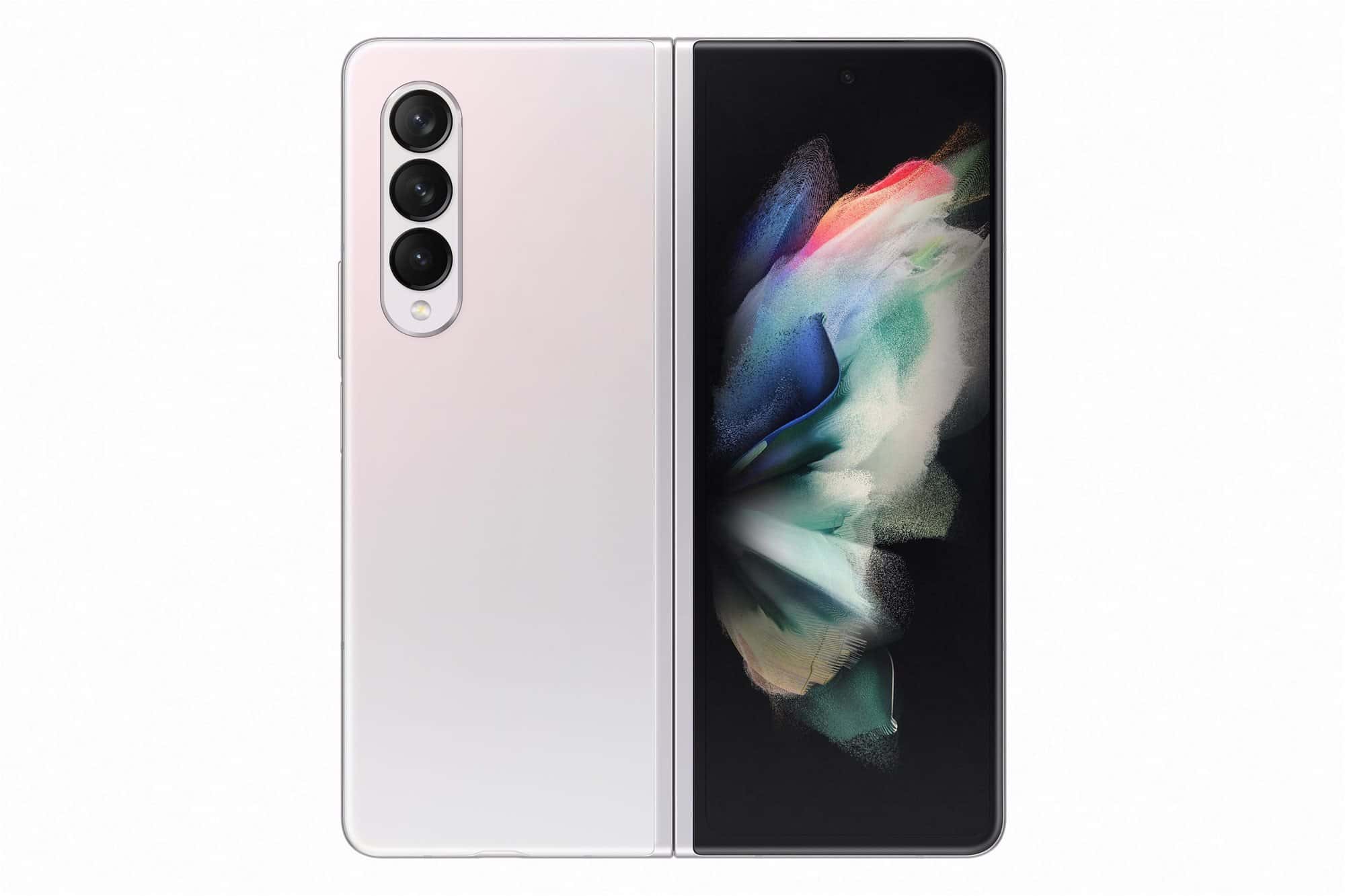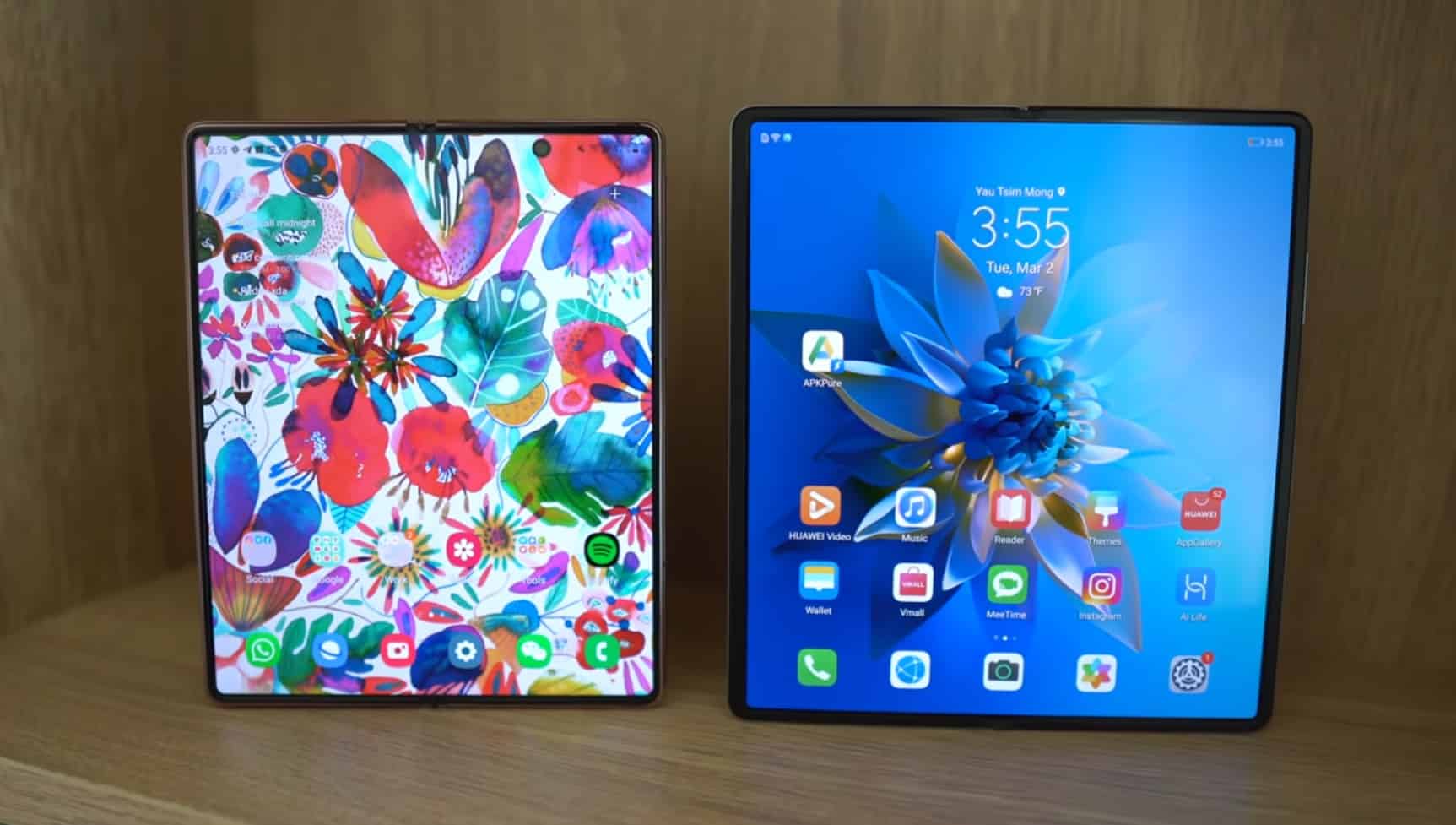Huawei stockpiled two years worth of 'most important' US chips
2 min. read
Published on
Read our disclosure page to find out how can you help MSPoweruser sustain the editorial team Read more

Earlier this month, US President Donald Trump extended Huawei’s ban to 2021. This was followed up by US Department of Commerce banned TSMC, the world’s largest contract manufacturer of semiconductors, from serving Huawei and its affiliates throughout the world.
Now sources close to the matter have told the Nikkei Asian Review that Huawei has stockpiled two years worth of chips. The stockpile of chips include mostly Intel processors that are needed for the company’s base station business and emerging cloud business and are the “most essential components”. Sources further said that Huawei started buying chips at the end of 2018 soon after Huawei CFO Meng Wanzhou was arrested in Canada. Last week, Huawei revealed that the company spent 167.4 billion yuan ($23.45 billion) stockpiling chips, components and materials in 2019.
It’s preparing stocks for wartime. The idea is that if the real demand is only 100 units per month, it would order 150 units and store them. Memory chips are easier to build inventories as they don’t really upgrade that often like processor chips.
Xilinx, Intel and AMD all responded to Nikkei and stressed on complying with the orders from the Trump administration.
Xilinx is aware of the recent additions to the Department of Commerce’s Entity List and is evaluating any potential business impact.
Intel said it “continues to comply with U.S. government export regulations, including the requirements imposed by the BIS Entity List.”
AMD said “Based on our initial review of the recent revision to the Foreign Direct Product Rule, we do not believe that this rule modifies AMD’s ability to sell products to Huawei.”
Samsung SK Hynix, Micron and Huawei all declined to comment on the matter. Kioxia, on the other hand, stressed on it following rules and regulations of the country in which it currently operates.







